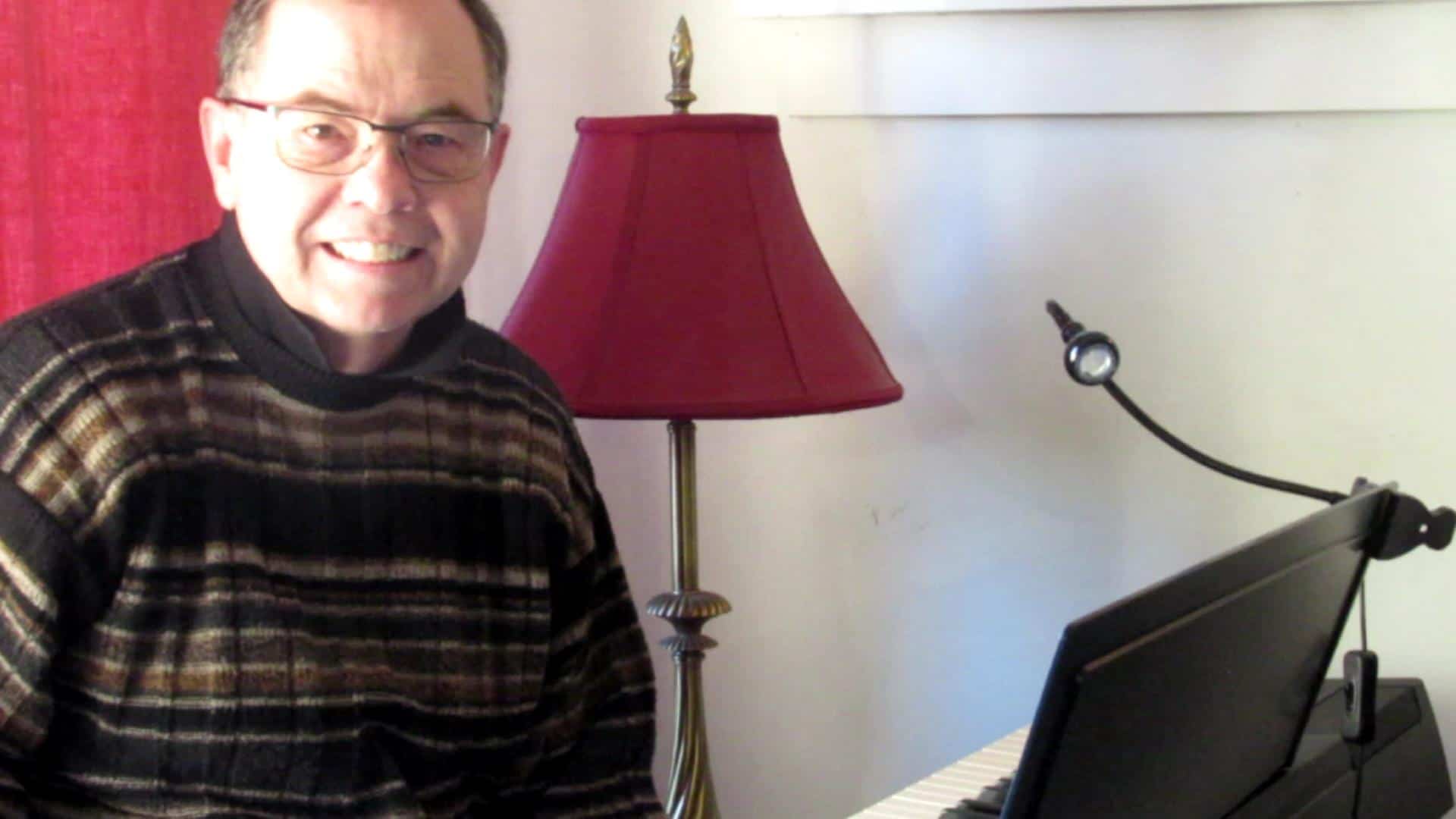Provocative Posts Right Down There By Blair Sveinson
He likes to write, inspire, share, and challenge => Scroll down

Interests in Sociology, Human Performance, Business, and Music
Blog posts typically generated as reactions from editorials and punditry emanating from bias
Preparing your mind as a new entrepreneur

Clarity In Thought
- A world of thought-provoking articles.
“The pilgrims with Columbus didn’t board up on three ships and come to America to get a job”
Dave Severn
Entrepreneur
Watch, Read, Listen
Join 900+ subscribers
Stay in the loop with everything you need to know.
